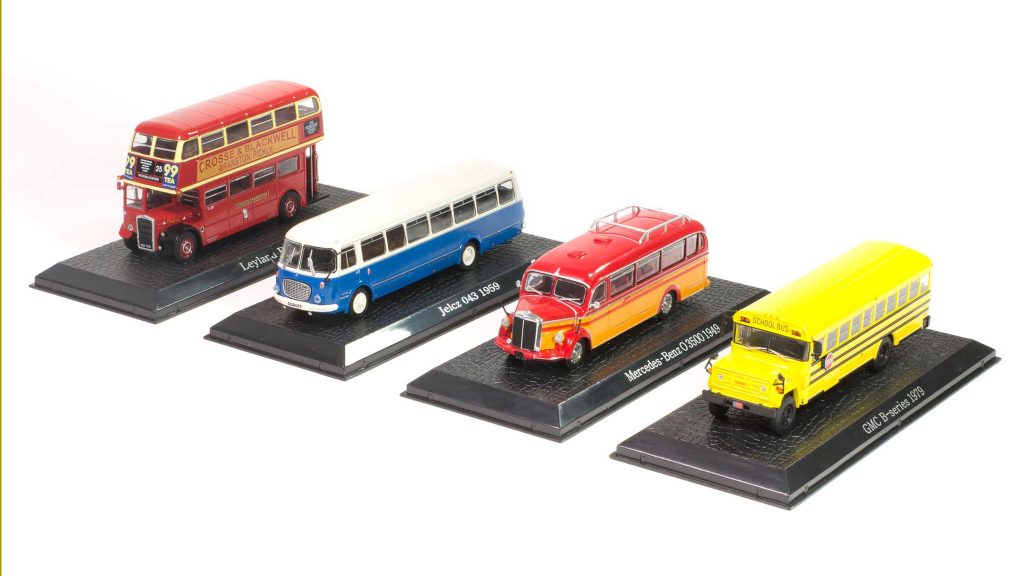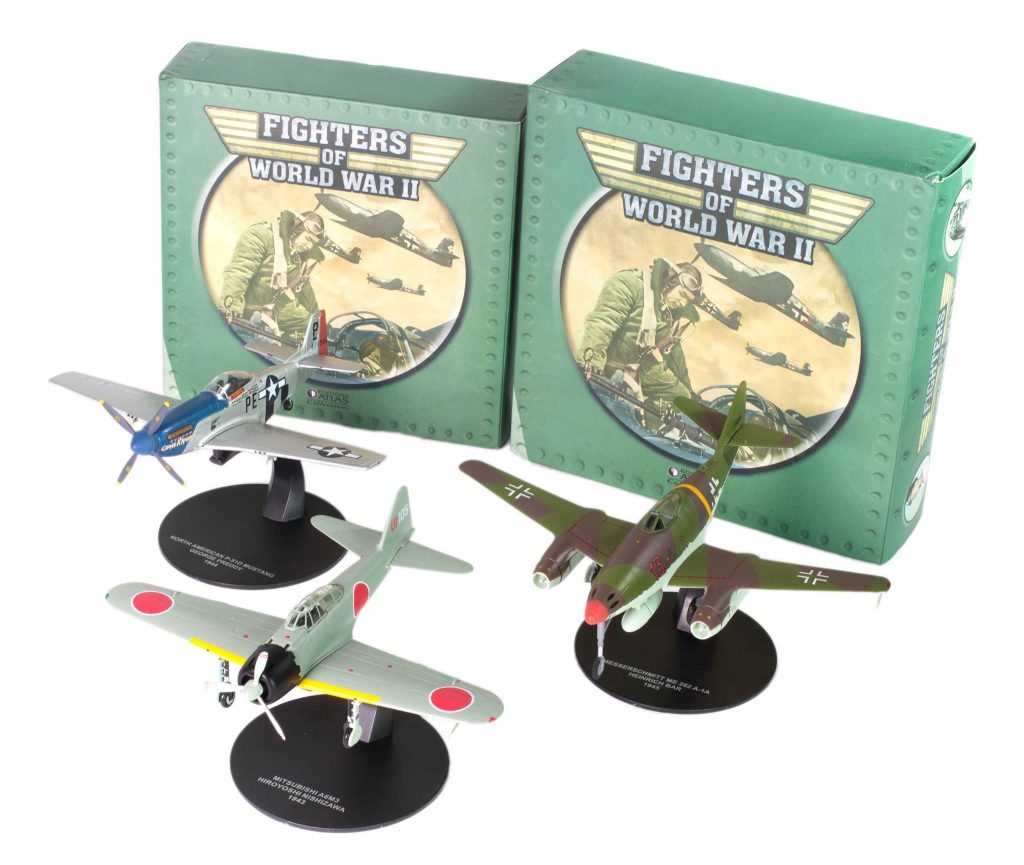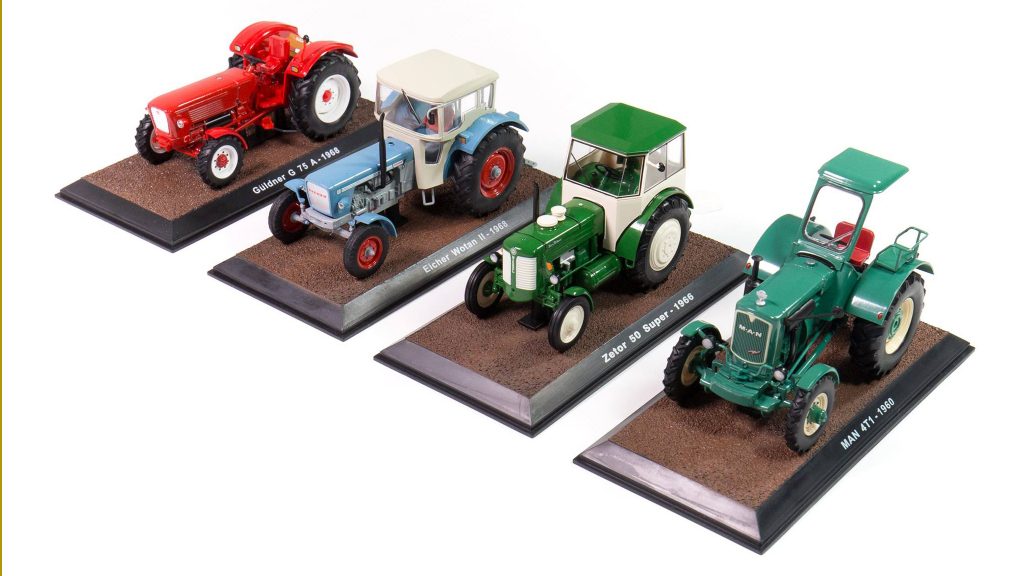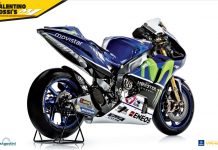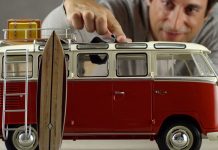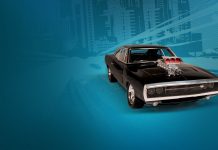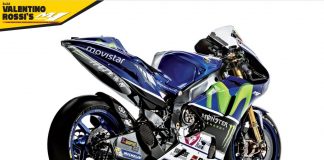How Diecast Models Are Made | ModelSpace
Though they have been around since the early 20th century, diecast models remain a tried and true hobby for collectors all over the world. Capturing the look and feel of your favourite, cars, trains, buses and planes, an extensive diecast toy collection is a great addition to any home. But what exactly is a diecast model, and how are they produced? Read on to learn more about this fascinating and popular hobby for all ages!
What are diecast models?
A diecast model (or die-cast) is a miniature replica made using a die casting or metal casting method. Usually made of a zinc or lead alloy, these scale models come fully formed as a single piece that portrays the real vehicle in small scale. Much more than simple toys, diecast models demonstrate a higher level of quality than plastic models, and also have a greater shelf life. This is a major bonus for model collectors, and allows you to display and share them from generation to generation. Whether you’re looking for a diecast car, plane, tank, train, coach, truck, tram, or motorcycle, there’s a diecast model out there for everyone!
How are they made?
As mentioned above, diecast models and toys are created using a technique called die casting or metal casting. This process involves pouring or forcing molten metal into a set mold or die, which holds the shape and form of the desired model. The high-pressure means a fast fill of the die, which is important as it means the entire cavity is filled before the cast solidifies. This process is an effective and efficient way of mass-producing models, while maintaining a high consistency and quality.
How to start a diecast collection
Now that you have a better idea of what diecast models are, you’re probably ready to start your very own collection. Before you do, here are a few things to consider:
- Model size – like our larger scale models, diecast models come in a few popular scales such as 1:12, 1:36, and 1:43. How big do you want your diecast toys to be?
- Model history and period – do you want something from the early 20th century, or something more modern? Focusing on specific eras can really help you refine your collection, and can make for some amazing historical displays too!
- Model brand – there are a few brands that made diecast models what they are today, each with different collections to explore. If you’re looking for a mix of high quality replicas, check out our extensive Dinky Toys collection!
For a few more tips on starting and maintaining your diecast collection, take a quick look at our Beginner’s Guide to Collecting Diecast Models.
Whether you’re just starting out, or you’ve been collecting for years, there’s no denying the appeal of a diecast model collection. Do you have a favourite diecast model? And how do you display your collection? We’d love to see your diecast models, so share your photos on Facebook, Twitter, or Instagram and tag us as well as #modelspacecommunity! If you’re looking to add to your collection, check out our great diecast model range now!

